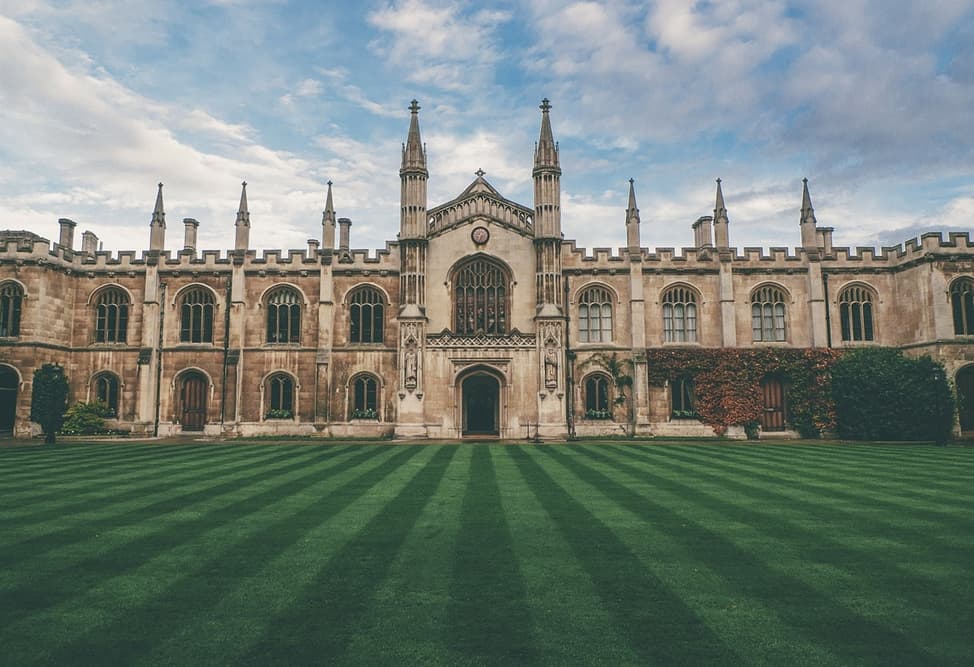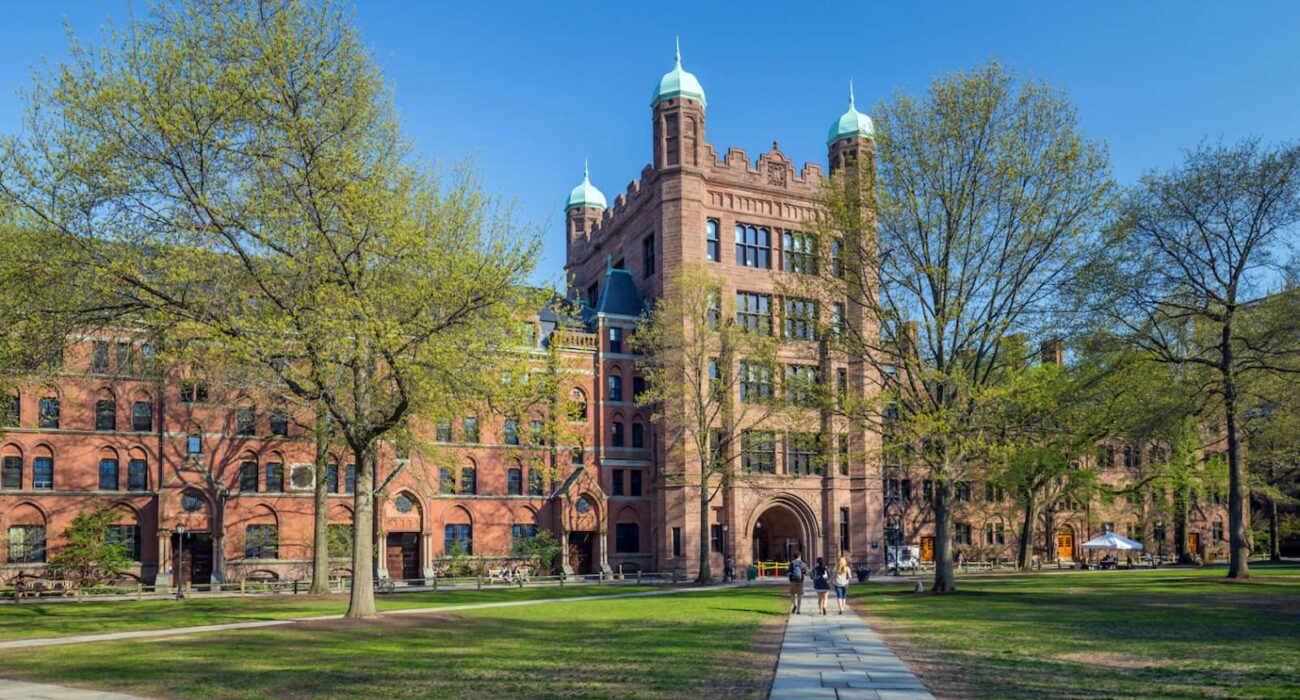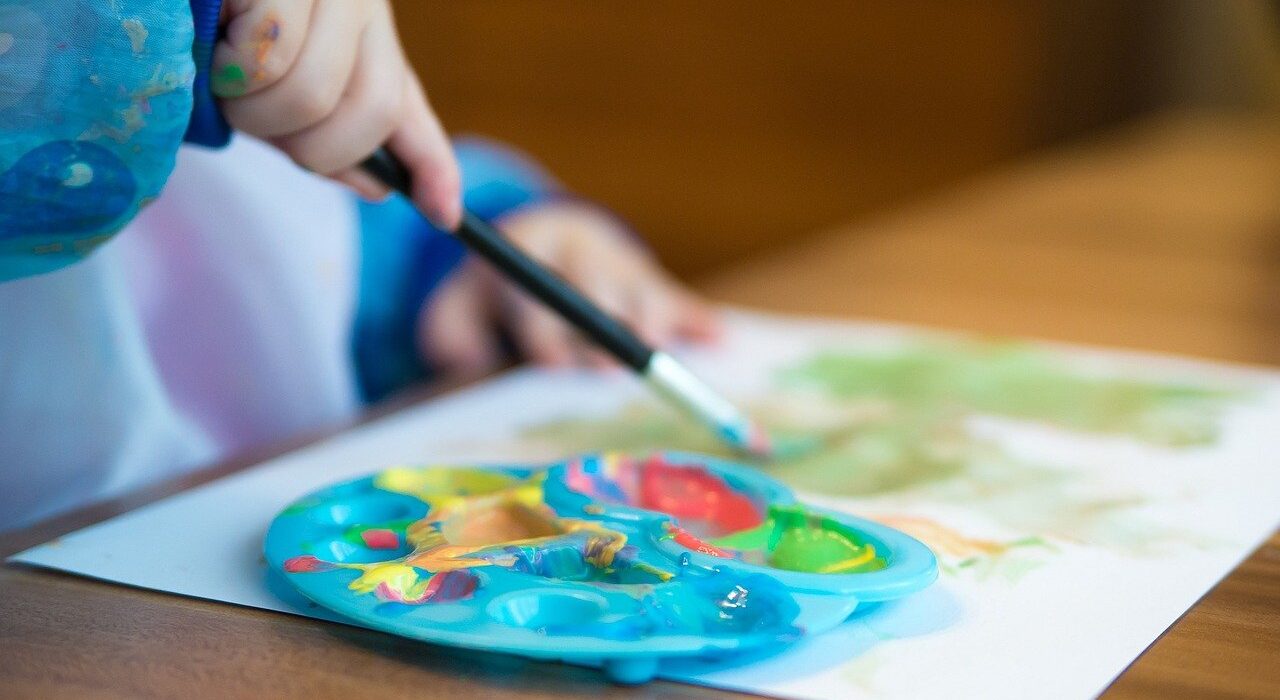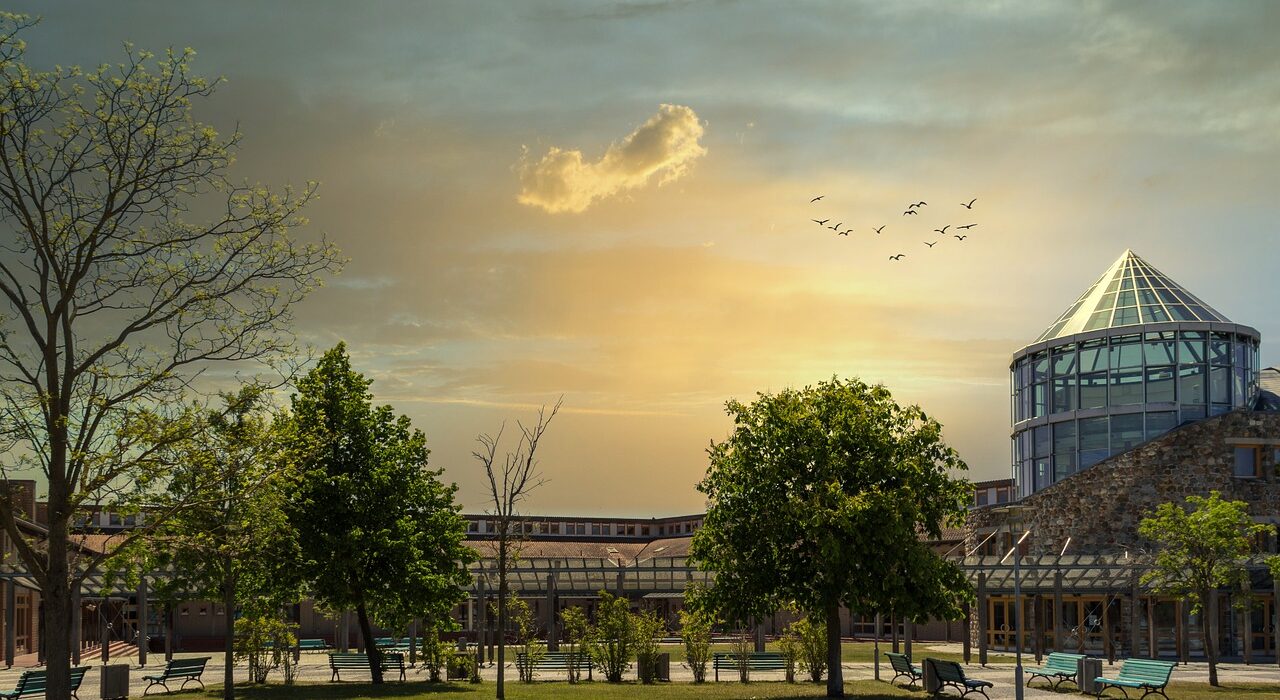Harmonizing the Arts and Education: The Role of Lincoln Center Education in Shaping the U.S. Educational Landscape
In the realm of education, the line between arts and traditional educational paradigms has often been distinctly drawn. Yet, institutions globally have begun acknowledging the symbiotic relationship that can exist between the arts and education, fostering environments where creativity meets knowledge. Setting the pace in this revolutionary approach is the Lincoln Center Education (LCE), a visionary institution with a forward-thinking perspective on educational synergy. Overview of Lincoln Center Education The Lincoln Center Education, rooted deeply in the rich cultural tapestry of New York City, emerged with a cardinal goal: to harmonize arts with the core educational curriculum, weaving a rich...








